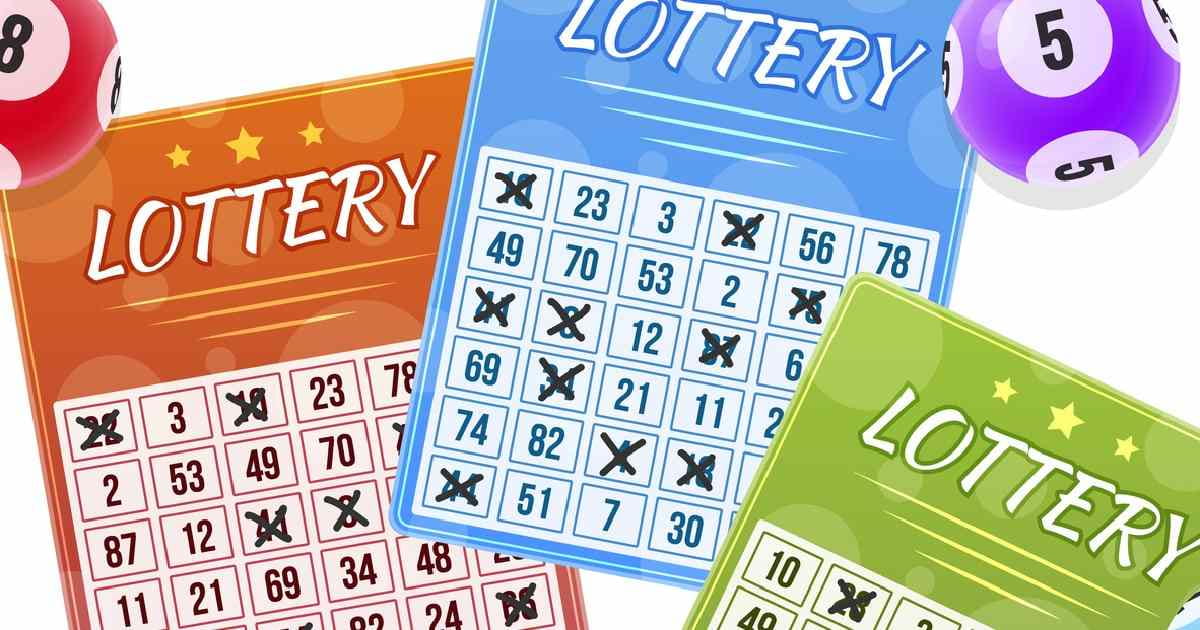In the realm of chance and fortune, few games capture the imagination quite like the lottery. From the exhilarating thrill of purchasing a ticket to the tantalizing dreams of instant wealth, the messipoker has woven itself into the fabric of cultures worldwide. But beyond the surface allure lies a complex tapestry of psychology, probability, and societal impact that makes the lottery a subject of enduring fascination.
At its core, the lottery is a game of chance, where participants select a combination of numbers in the hope of matching them to a randomly drawn set for a prize. The simplicity of its premise belies the intricate mathematics that underpin it. Every draw is governed by the laws of probability, where the odds of winning are often astronomically low. Yet, paradoxically, it’s this very improbability that fuels the excitement and anticipation among players.
Part of the lottery’s allure lies in its democratic nature. Unlike many forms of gambling that require skill or strategy, the lottery is open to anyone willing to purchase a ticket, regardless of background or socioeconomic status. In this sense, it represents a tantalizing prospect of upward mobility—a chance for anyone to defy the odds and transform their lives in an instant.
However, the flip side of this egalitarian appeal is the often-criticized regressive nature of lottery participation. Studies have shown that lower-income individuals tend to spend a higher proportion of their earnings on lottery tickets, drawn by the allure of a life-changing windfall. Critics argue that this perpetuates a cycle of poverty, as those who can least afford it are disproportionately lured into gambling their limited resources.
Yet, despite these criticisms, the lottery remains immensely popular, generating billions of dollars in revenue for governments around the world. This revenue is often earmarked for public projects, such as education, infrastructure, and social welfare programs, leading some to view the lottery as a form of voluntary taxation—a way for citizens to contribute to the common good while indulging in the thrill of speculation.
Beyond its economic implications, the lottery also serves as a fascinating case study in human behavior and decision-making. Psychologists have long been intrigued by the phenomenon of “lottery fever,” where rational individuals suspend their usual judgment in pursuit of improbable riches. The allure of the jackpot triggers a primal urge for risk-taking and escapism, leading otherwise cautious individuals to throw caution to the wind in pursuit of their dreams.
Moreover, the lottery serves as a mirror reflecting the hopes, dreams, and anxieties of society at large. The numbers chosen by players often reflect significant dates, lucky charms, or patterns imbued with personal significance. In this way, the lottery becomes a communal ritual, binding individuals together in a shared pursuit of fortune and serendipity.
In recent years, the rise of online lottery platforms has further transformed the landscape, offering unprecedented convenience and accessibility to players around the globe. Yet, amidst this technological evolution, the fundamental appeal of the lottery remains unchanged—an irresistible cocktail of chance, hope, and possibility that continues to captivate millions.
